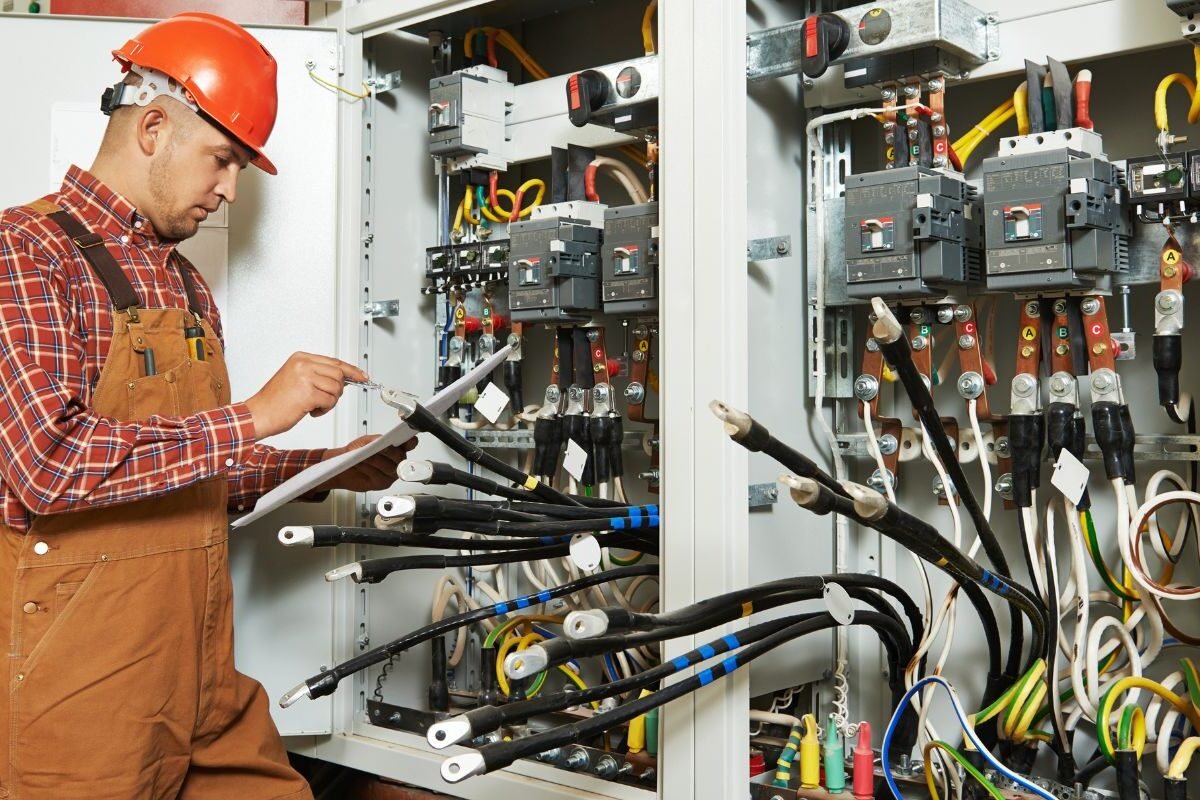Electrical maintenance is an essential aspect of home ownership that is often overlooked. While it may not be as visible as a leaky roof or a broken window, the condition of your electrical system is crucial to the safety and efficiency of your home. Regular electrical maintenance can prevent potential hazards, ensure your electrical systems are running efficiently, and save you money in the long run.
Safety First
The primary reason for regular electrical maintenance is safety. Faulty wiring, outdated systems, or overloaded circuits can lead to serious hazards, including electrical fires. According to Australian statistics, electrical fires account for a significant portion of home fires each year, many of which could have been prevented with proper maintenance.
During a maintenance check, a qualified electrician will inspect your wiring, outlets, switches, and other electrical components to ensure they are in good working order. They will also identify any potential risks, such as frayed wires or overloaded circuits, and take steps to correct them before they become serious problems.
Efficiency and Energy Savings
Regular maintenance doesn’t just improve safety; it also ensures that your electrical system is running as efficiently as possible. Over time, wear and tear can cause electrical components to degrade, leading to increased energy consumption. For example, a loose connection can cause resistance in the circuit, which results in energy loss and higher electricity bills.
By keeping your electrical system in top condition, you can avoid these inefficiencies. A well-maintained system will use less energy, reducing your carbon footprint and lowering your energy costs. In a time when energy efficiency is more important than ever, regular electrical maintenance is a smart investment.
Extending the Lifespan of Your Electrical System
Like any other system in your home, your electrical system has a lifespan. However, regular maintenance can extend that lifespan by addressing minor issues before they become major problems. For example, replacing a worn-out outlet or repairing a loose wire can prevent more significant damage to your electrical system down the line.
In addition to extending the life of your electrical system, regular maintenance can also help preserve the value of your home. Prospective buyers are more likely to be interested in a home with a well-maintained electrical system, as it signals that the property has been cared for and is less likely to require costly repairs.
Peace of Mind
Finally, regular electrical maintenance provides peace of mind. Knowing that your home’s electrical system is in good working order allows you to sleep easier at night. You won’t have to worry about unexpected breakdowns, power outages, or the potential for electrical fires.
In conclusion, regular electrical maintenance is a crucial part of responsible home ownership. It ensures the safety of your home, improves energy efficiency, extends the lifespan of your electrical system, and provides peace of mind. By scheduling regular maintenance with a qualified electrician, you can protect your home and your family from the risks associated with electrical issues. Don’t wait for a problem to arise—invest in regular electrical maintenance and enjoy the benefits for years to come.



